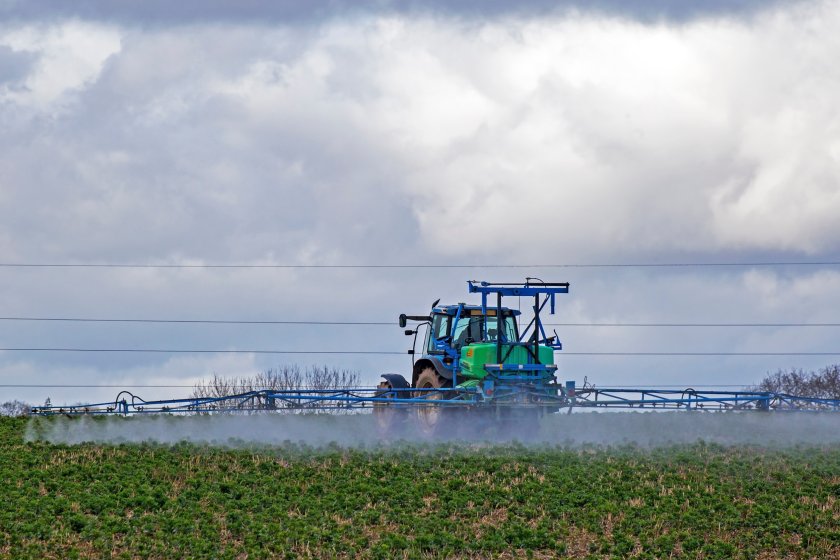Glyphosate reauthorised for further ten years in EU

The European Commission has confirmed it will reauthorise the weedkiller glyphosate for another 10 years, subject to certain new conditions and restrictions.
During a vote at the Appeal Committee today, member states did not reach the required qualified majority to renew or reject its approval at the Appeal Committee.
In line with EU legislation and in the absence of the required majority in either direction, the Commission decided to renew glyphosate for a further ten years.
Glyphosate, which is the world's most widely used herbicide, was approved for use in the bloc until 15 December 2023.
Its renewal comes with new conditions and restrictions, including a prohibition of pre-harvest use as a desiccant and the need for certain measures to protect non-target organisms.
A row over possible risks to the environment and human health has prompted numerous investigations in the US and Europe, forcing delays to re-licensing decisions.
However, a recent European Food Safety Authority (EFSA) study found that glyphosate was “unlikely to pose a carcinogenic hazard to humans”.
The US Environmental Protection Agency (EPA) and the European Chemicals Agency have also classified glyphosate as non-carcinogenic.
Responding to the EU's vote, NFU vice president David Exwood said the union had always lobbied for the regulation to be led by science and evidence.
He said: "In the EU, more than 11,000 pages of independent expert review of that evidence has concluded its safety and provides good reason for EU regulators to re-approve glyphosate.
“Glyphosate has long been one of those essential products to control weeds before planting and is vital due to the popularity of a regenerative, no-till or minimum till approach.
“Britain’s farmers and growers will continue to use glyphosate as long as it is safe and legal to do so to ensure environmental sustainability and a secure supply of high-quality affordable food."
However, a recent IPSOS poll spanning six EU countries showed that only 14% of citizens expressed support for the prolonged use of glyphosate.
In stark contrast, almost two-thirds (62%) of respondents said they were in favour of a ban on glyphosate due to health concerns.
Angeliki Lysimachou, head of policy at Pesticide Action Network Europe, said the Commission was 'turning its back' on citizens’ concerns.
"There is alarming evidence highlighting the cancer risks associated with glyphosate, along with the myriad of other reported adverse effects," he said.
“Several member states have recognised conclusions of the independent science: this substance does not meet the safety criteria for reapproval in Europe.
"The independent science is clear, and we call on the Commission to remove this hazardous substance from the European market once and for all."








